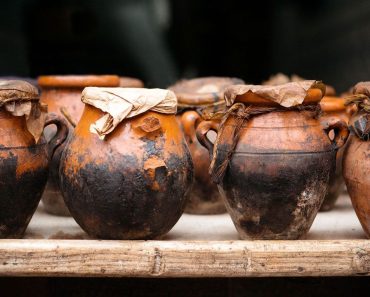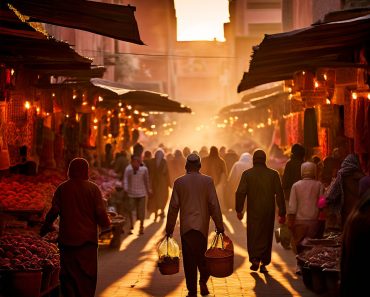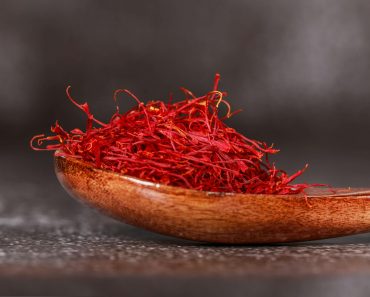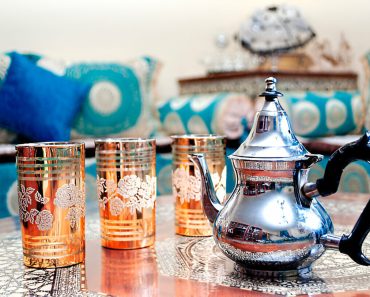Discovering Moroccan Olive Oil: Features, Benefits, and Global Quality Ranking
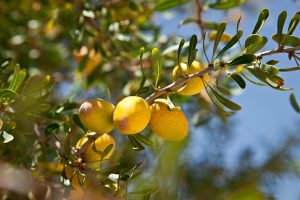
Moroccan Olive Oil
Introduction:
is renowned worldwide for its exceptional quality, distinct flavor, and numerous health benefits. Produced in various regions across Morocco, this liquid gold has gained a prominent place in kitchens and beauty regimens globally. In this comprehensive guide, we’ll delve into the features and benefits of Moroccan olive oil, explore the cities known for its production, and discuss its esteemed global ranking in terms of quality.
-
Features Moroccan olive oil stands out due to several distinguishing features:
- Varietal Diversity: Morocco boasts a rich diversity of olive tree varieties, contributing to the unique flavor profiles found in its oils. Varieties like Picholine, Dahbia, and Haouzia each lend their own nuances to the final product.
- Climate and Terroir: The Mediterranean climate of Morocco, characterized by mild winters and hot, dry summers, creates optimal conditions for olive cultivation. The country’s varied landscapes, from coastal plains to mountainous regions, further influence the oil’s flavor and quality.
- Traditional Production Methods: Many Moroccan olive oil producers adhere to traditional methods, including hand-harvesting the olives and cold-pressing them within hours of picking. These techniques help preserve the oil’s natural flavors and nutritional benefits.
- Certification Standards: Moroccan olive oil often adheres to stringent quality certifications, such as the Protected Designation of Origin (PDO) or Organic certifications, ensuring consumers receive a product of exceptional quality.
- Benefits of Moroccan Olive Oil: The consumption of Moroccan olive oil offers a myriad of health benefits:
- Rich in Antioxidants: Moroccan olive oil is a powerhouse of antioxidants, including polyphenols and vitamin E, which help combat oxidative stress and protect cells from damage.
- Heart Health: Regular consumption of olive oil, particularly the extra virgin variety, is linked to improved heart health, lower cholesterol levels, and reduced risk of cardiovascular diseases.
- Anti-inflammatory Properties: The anti-inflammatory properties of Moroccan olive oil make it beneficial for conditions such as arthritis, promoting joint health and reducing inflammation.
- Skin and Hair Care: Moroccan olive oil is a staple in natural skincare and hair care routines. Its moisturizing properties nourish the skin, strengthen hair, and promote a healthy scalp.
- Culinary Delight: Apart from its health benefits, Moroccan olive oil enhances the flavor of dishes, from salads and marinades to traditional Moroccan tagines, adding a rich, fruity note.
- Digestive Health: Olive oil is gentle on the digestive system and can aid in digestion, making it a preferred choice for cooking and salad dressings.
-
Moroccan Cities Known for Production: Several cities in Morocco are renowned for their production:
- Meknes: Located in central Morocco, Meknes is famous for its olive groves, producing high-quality oils known for their robust flavors.
- Fez: The ancient city of Fez is home l mills that have been operating for centuries, crafting oils prized for their authenticity and depth of flavor.
- Tafraout: In the Anti-Atlas Mountains, Tafraout stands out for its boutique production, with small-scale producers focusing on premium quality oils.
- Essaouira: Along the Atlantic coast, Essaouira’s production benefits from the region’s microclimate, resulting in oils with a unique taste profile.
-
Global Ranking of Moroccan Olive holds a prominent position in the global market:
- Quality Recognition: consistently receive accolades and awards at international competitions, showcasing their superior quality and flavor.
- Export Market: Morocco exports to various countries, including the United States, European Union nations, and Asian markets, contributing significantly to the country’s economy.
- Global Demand: The demand continues to rise, driven by consumers seeking high-quality, healthy, and sustainable food products.
In the serene landscapes of Morocco, the art of olive oil production intertwines tradition and modernity, each path yielding distinct flavors, qualities, and sustainability practices. Let’s embark on a journey to understand the profound differences between traditional and modern olive oil production in Morocco.
-
Heritage and Techniques:
- Traditional: Hand-harvesting olives using age-old methods, such as beating the branches or hand-picking, characterizes traditional production. These techniques often involve stone or wooden presses, extracting oil in small batches.
- Modern: Modern production integrates advanced machinery for harvesting, pressing, and processing. Mechanical shakers gather olives efficiently, and stainless steel centrifuges extract oil swiftly, enhancing productivity.
-
Quality and Flavor Profiles:
- Traditional: The slow, meticulous process of traditional production preserves the integrity of olives, resulting in oils with nuanced flavors, often described as robust, earthy, and rich.
- Modern: Rapid processing in modern facilities aims for consistency and higher yields. While modern oils may lack the complexity of traditional ones, they often exhibit a lighter, fruitier profile appealing to broader tastes.
-
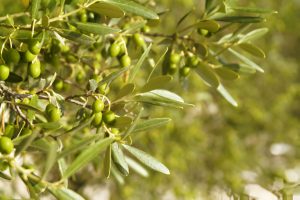
Moroccan Olive Oil
-
Sustainability Practices:
- Traditional: Many traditional producers prioritize sustainability, employing organic farming practices, minimal water usage, and utilizing olive pomace for energy or compost.
- Modern: Modern facilities incorporate eco-friendly technologies, such as water recycling systems, solar energy, and waste management strategies, contributing to a reduced environmental footprint.
-
Community Impact:
- Traditional: Traditional production often involves local communities, fostering a sense of heritage and cultural identity. It supports small-scale farmers and artisanal cooperatives, preserving traditional knowledge and skills.
- Modern: Large-scale modern production can boost economic growth, create employment opportunities, and streamline distribution networks, facilitating access to Moroccan olive oil globally.
-
Certifications and Market Reach:
- Traditional: Some traditional producers adhere to PDO (Protected Designation of Origin) or organic certifications, emphasizing quality and authenticity for niche markets.
- Modern: Modern facilities adhere to international standards, obtaining certifications like ISO and HACCP, expanding market reach and meeting the demands of global consumers.
-
Culinary Versatility of Moroccan Olive Oil:
Moroccan olive oil is prized for its versatile culinary uses and distinct flavors:
-
- Cooking: It is ideal for sautéing, roasting, and frying due to its high smoke point and ability to enhance the flavors of dishes without overpowering them.
- Salad Dressings: Moroccan olive oil adds a delightful fruity and peppery note to salads, providing a healthy and flavorful alternative to store-bought dressings.
- Dipping and Drizzling: When used as a dip for bread or drizzled over grilled vegetables, Moroccan olive oil imparts a rich, earthy flavor that elevates the dining experience.
Conclusion :
the juxtaposition of traditional and modern production in Morocco reflects a harmonious blend of heritage and innovation. Whether cherishing time-honored flavors or embracing technological advancements, continues to captivate aficionados worldwide, offering a taste of tradition and progress in every drop.
journey from ancient traditions to modern acclaim is a testament to its exceptional features, health benefits, and global recognition. Whether enjoyed in culinary creations or as a natural beauty elixir, this golden oil from Morocco continues to captivate and enrich lives worldwide.


